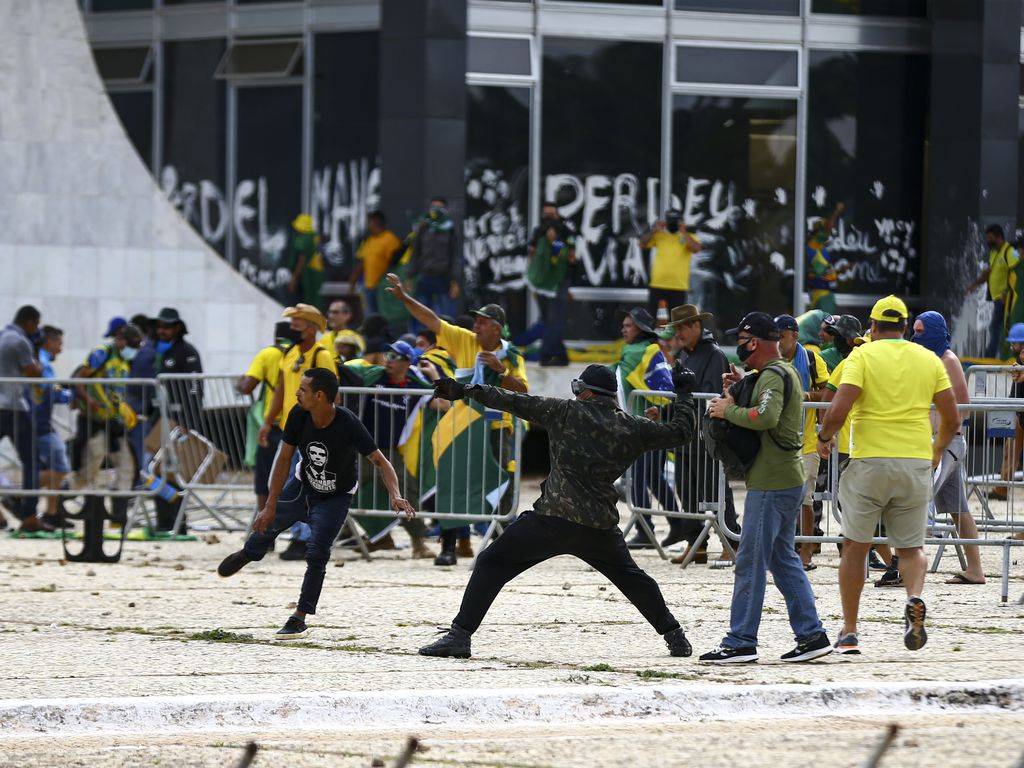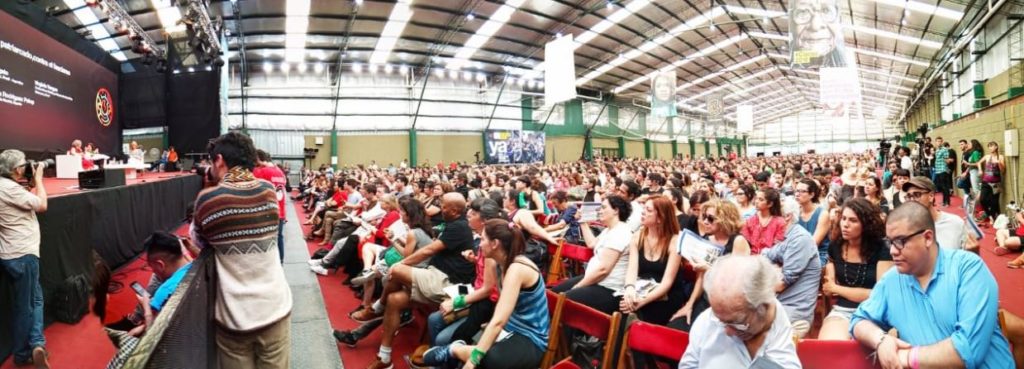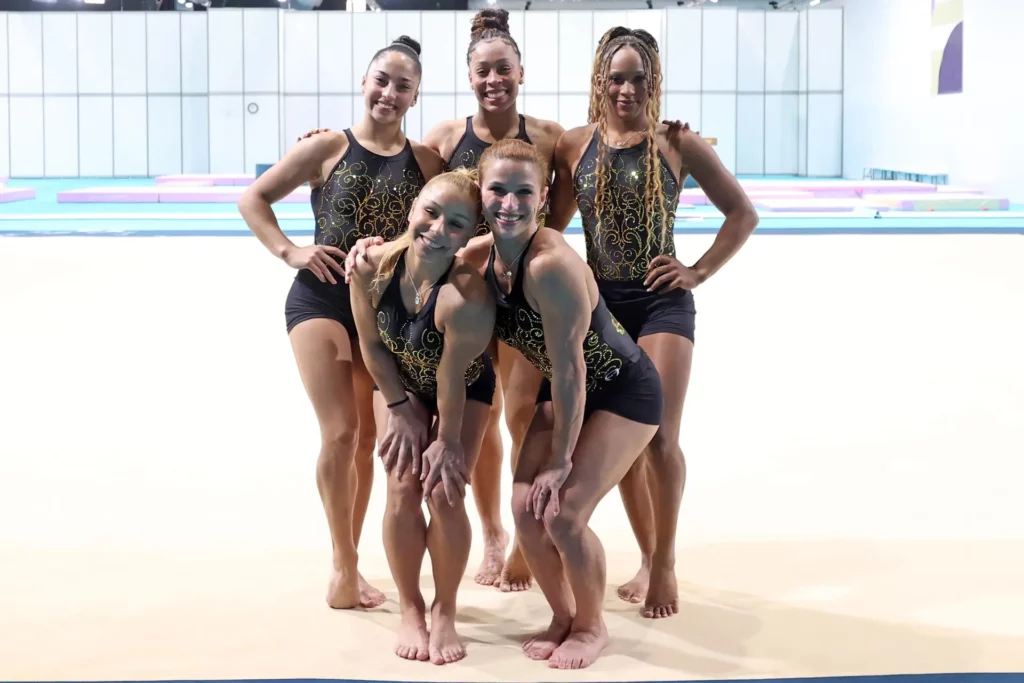Last week, June 26, Brazilian broadcast journalist Julia Guimarães became the fourth female journalist to be sexually harassed live on air whilst reporting at this year’s FIFA World Cup.
The journalist, who was reporting at the Japan vs. Senegal match on Sunday June 24, was approached by a male fan who attempted to kiss her just before she began her live broadcast for SportTV.
Neste domingo, o #Fantástico falou sobre os casos de assédio que tem acontecido na Copa do Mundo. Abaixo, a gente mostra um deles, que ocorreu com a repórter Júlia Guimarães. A bronca dada por ela ao engraçadinho, fica como recado: “Não faça isso!” https://t.co/XYlBMSCVEm pic.twitter.com/tERPgTzkZy
— Fantástico (@showdavida) June 25, 2018
Guimarães proceeded to shout back at the man, “Don’t do this! Never do this again. Don’t do this, I didn’t allow you to do this, never, OK? This is not polite, this is not right. Never do this to a woman, OK? Respect.”
The unnamed man, who originally appears to be laughing, can later be heard apologising in the video.
Later on, Guimarães shared her thoughts with her twitter followers in response to the incident:
“It’s difficult to find the words…Luckily, I’ve never experienced this in Brazil! Here, it has happened twice. Sad! Shameful!”
Just a few days earlier, the Brazilian journalist had written about her general impressions of this year’s Russia World Cup for Globo Esporte.
“Sexism has always existed amidst football. Sometimes hidden, sometimes explicit,” she began.
“We come across mixed zones, squeezed in amongst dozens of men – sometimes disrespectful and crude…we listen to uncomfortable catcalls from fans (some of them we don’t even understand),” she continued, pointing out that due to ingrained prejudices, such as the fact that there is still a law against gay propaganda in Russia, sexism there is sometimes even worse than in Brazil.
Related: Brazilian women use social media to travel together to Russia for World Cup
Guimarães spoke of the reduced female presence she has noticed in the stadiums at this year’s World Cup, making it a particularly uncomfortable environment to work in.
This incident is by no means isolated, with the first occurring during a march before the Sweden vs. South Korea game at the start of the World Cup, when Swedish journalist Malin Wahlberg was manhandled by a group of fans.
On the opening day of the World Cup, Colombian journalist Julieth González Therán was also accosted whilst seconds into a broadcast for German TV Service Deutsche Welle.
González Therán was approached by a Russian man who shouted at her and kissed her on the cheek, whilst groping her breast. The journalist then proceeded to continue with another four minutes of reporting.
A DW reporter was sexually harassed while covering the #WorldCup. @JULIETHCGT was kissed, groped by a man while reporting from Moscow.
The incident can be seen here (00:13).
Sexual harassment is not okay. It needs to stop. In football, and elsewhere.pic.twitter.com/O0S1a1F4Es
— DW Sports (@dw_sports) June 20, 2018
Afterwards, she posted a video of the incident on her Instagram, with the caption, “We do not deserve this treatment. We are equally valuable and professionals. I share the joy of football, but we must identify the limits of affection and harassment.” Deutsche Welle also supported her in denouncing the assault, posting a video on Twitter with the comment, “Sexual harassment is not okay. It needs to stop. In football, and elsewhere.”
The man in question later expressed regret for his actions, offering González Therán his “most profound apologies.”
The latest journalist to experience similar treatment is Maria Gómez from Spain. Gómez was in the middle of a live broadcast before the Spain vs. Russia match this Sunday, July 1, when she was kissed on the cheek by a man who ran up to her mid-report. The incident left her in shock, asking, “Come on, seriously?”
This string of related incidents comes after a video campaign run by Brazilian female journalists was launched in March under the handle #DeixaElaTrabalhar, which translates to #LetHerWork. The campaign demands respect for female professionals who work in the sports reporting field and are often faced with harassment or sexism.











